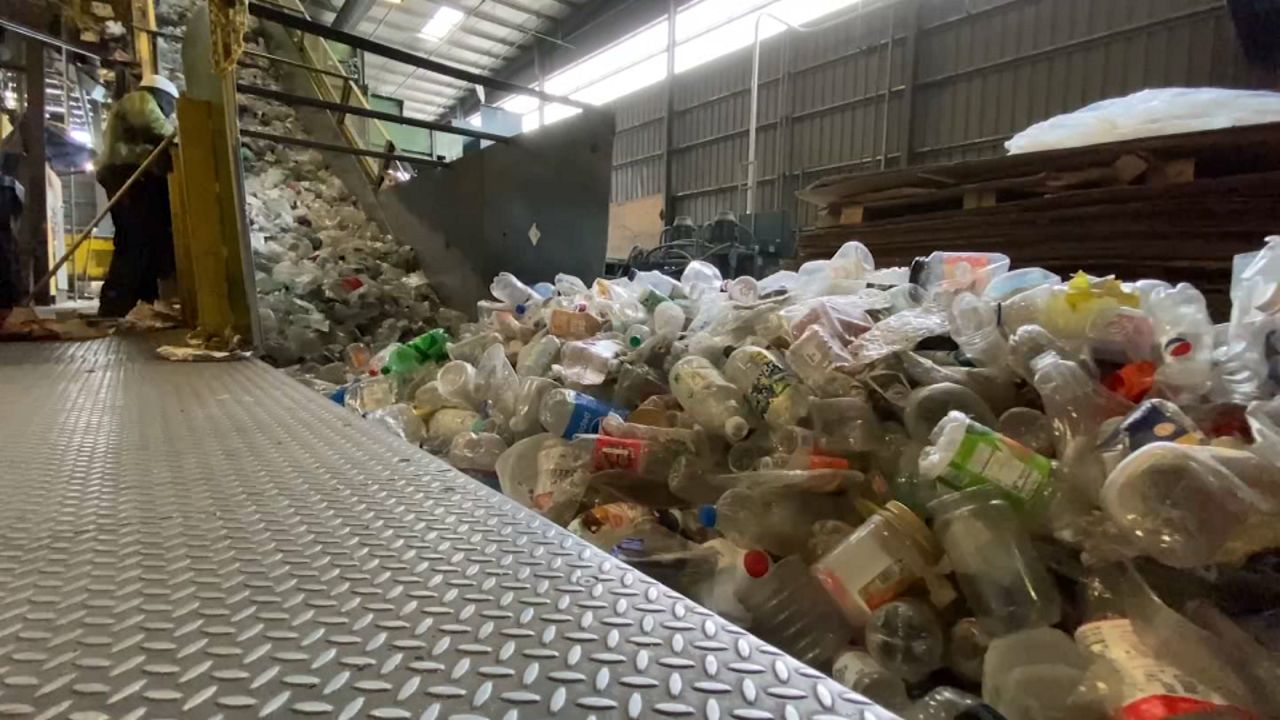Companies would be required to reduce their consumer packaging and strengthen recycling efforts for their product packaging under a measure proposed this week by Democratic state Sen. Peter Harckham.
The proposal, which would effect companies that have a net annual income of more than $1 million, is meant to reduce solid waste production in New York statewide and boost recycling efforts.
But much of the onus would be placed on businesses to curtail paper and solid waste in the state in the coming years if the bill is given final approval.
“We need to immediately address one of the dire problems of our age: the tremendous amount of waste, much of it recyclable, that we create each day—and that costs taxpayers and municipalities hundreds of millions of dollars in wasted carting and recycling costs,” said Harckham, who is also chair of the Senate Environmental Conservation Committee. “The only way we can begin to mitigate the growing issue of waste pollution, which threatens our natural resources, is for the initial producers of this waste to be fully involved with the end-of-life solutions."
Harckham wants to boost recycling rates in the state, where the average New Yorker generates about 5 pounds of trash daily, his office said.
Within three years, the companies would be required to reduce packaging by 10% of weight within three years and 20% by five years. Within 12 years, waste would have to be reduced by 50%.
Eligible producers would also be required to join a Producer's Responsibility Organization within a year of the measure's approval and create a plan to adhere to the recycling rules.
The measure would also require the qualifying companies to create or maintain a reusable and refill infrastructure to financially support local government recycling programs while reducing toxins in their packaging.
The provision is meant to help alleviate the burden of local governments paying for local recycling efforts.
"Right now, municipalities and taxpayers are footing practically all of the enormous costs of product packaging pollution and recycling, and that’s neither fair nor viable in the long run," Harckham said.



